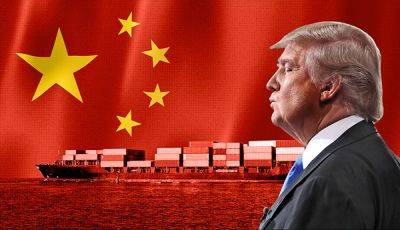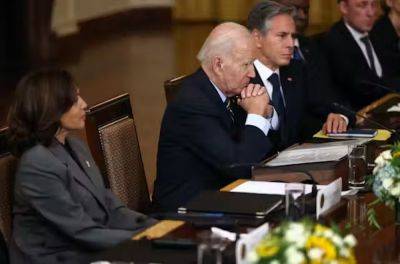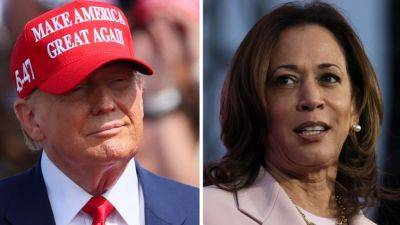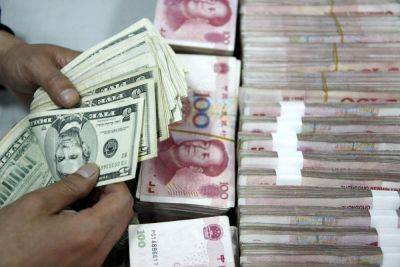India and China continue to walk a fine line over Russia’s war in Ukraine
While this might suggest Modi’s visit to Kyiv was a case of India supporting Ukraine in the festering war that is now in its 30th month, Modi himself was less direct on India’s position on Russia’s aggression. He said: “We have stayed away from the war with great conviction. This does not mean that we were indifferent. We were not neutral from day one, we have taken a side, and we stand firmly for peace.”
While India’s orientation is described as a case of exuding strategic autonomy – an extension of its policy of non-alignment – the carefully calibrated Chinese position has been referred to as the “Beijing straddle”.
03:07
Xi welcomes ‘old friend’ Putin to Beijing, affirms strength of China-Russia bond
Modi’s visit to Kyiv was largely symbolic. The substantive element is in the multilayered signalling at the global level, in the Eurasian context and to a domestic audience. Neither India nor China can enable an effective peace process in the Ukraine war without earnest US involvement, and this will be determined by the outcome of the November US presidential election. Victory for former president Donald Trump could lead to unpredictable policies.
In the interim, both India and China are preparing for the Brics summit in Kazan, Russia, in October. How the participants – including the grouping’s founding members Brazil, Russia, India and China – frame the Ukraine war will provide some clues about the run-up to the third anniversary of a conflict that has jolted the post Cold War certitude about no wars in Europe. Abiding peace remains elusive against the harsh reality of a bloody war.
Commodore C. Uday Bhaskar is director of the Society for Policy Studies (SPS), an independent think tank based in New Delhi







